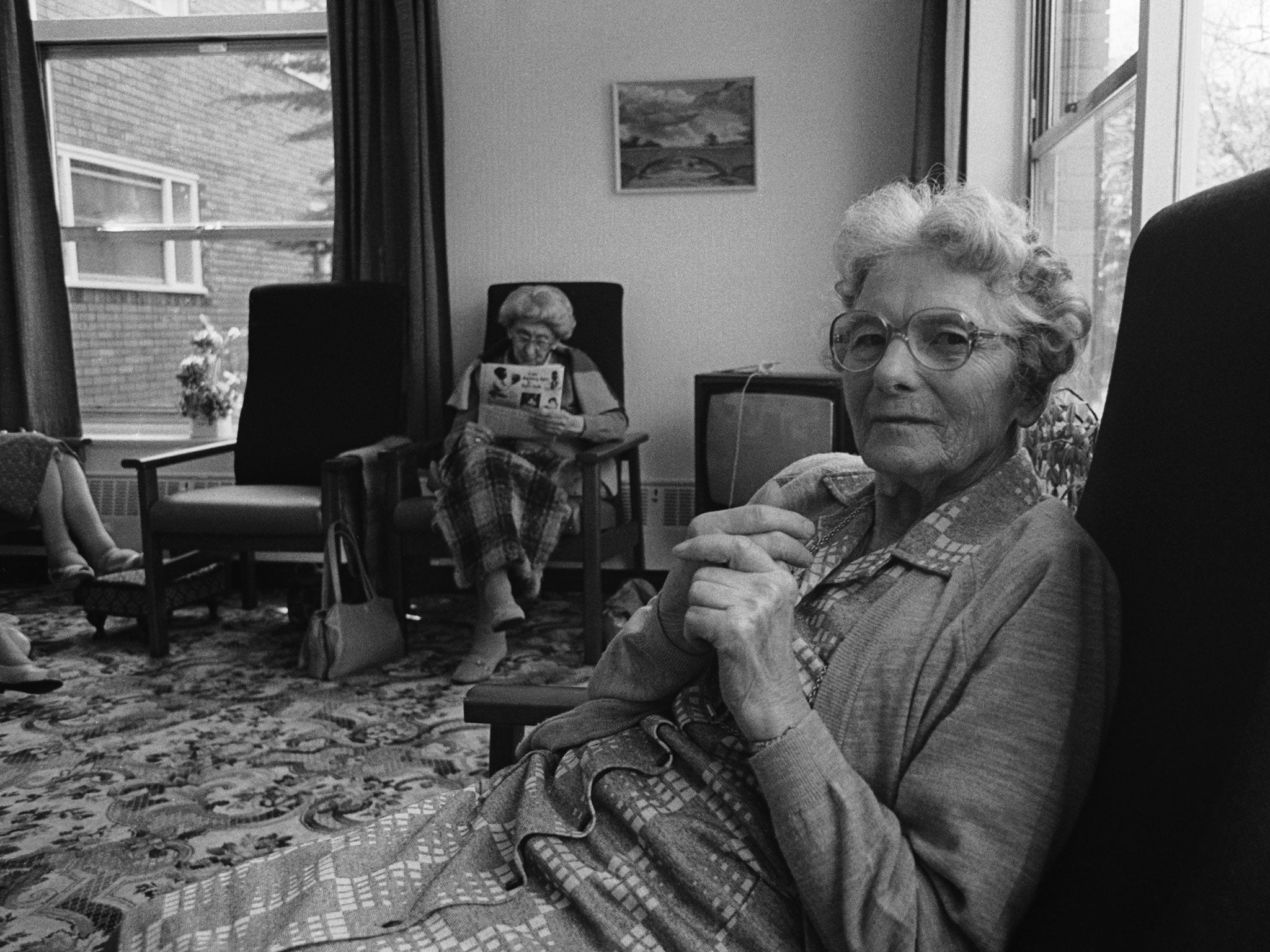The Dilnot review has forced us to face the fact we're all living longer. How afraid should we be?
The Coalition deserves credit for confronting a thorny issue, but focusing on middle class concerns about losing homes ignores the plight of many others


On the day I was born in 1962, the number of British centenarians was in three figures. Since then numbers have soared, rising fivefold since my 21st birthday alone to an estimated 12,640 at the last count. By the time I am 75, if I am fortunate enough to live that long, it is predicted that there will be more than 100,000.
We live in amazing times, when medical miracles are speeding up evolution by extending human lives so dramatically. It is almost enough to make you feel sorry for the monarch; that nice idea to send a note of congratulations to subjects reaching their hundredth birthday must seem something of a chore when sending 35 cards daily. Within two decades, there will be more than 250 a day to despatch.
This is only the tip of the iceberg. Today there are 10.6 million people over the age of 65; in two decades’ time, there are expected to be more than 16 million. And the number of people with disabilities is growing. This ageing society is one reason healthcare costs rise so fast: each year, the NHS must perform an extra 400,000 operations. We are more fortunate than some, partly thanks to our success in attracting immigrants. Britain is in the midst of a baby boom and its population is increasing. Burdens on future generations will be lower than in Germany, for example, where a rapidly ageing population is predicted to shrink by one-fifth, leaving us the biggest nation in the European Union (if it still exists in half a century).
But we have barely begun to grapple with the profound implications for our public services and finances. Last week, headlines screamed about shameful care that killed hundreds of people in two hospitals. The case was far from unique; lurking behind it lies a health system that for historic reasons is ill-equipped to handle complex conditions of old age and disability.
Now comes the Government’s response to the Dilnot review into social care costs. The Coalition deserves credit for confronting an issue that, for all the faults in its flawed proposals, predecessors had ducked. There will be squabbling over the detail but if thousands of frightened old people are saved from selling their homes in their declining years that is a significant advance.
Do not, however, be under any delusions. We can also welcome any much-needed moves to impose national standards and improve portability of care packages. But this only starts to scratch the surface of the care scandal, which leaves so many families frustrated, impoverished and tormented by often terrible services while trapped in bureaucratic and financial minefields.
Attention focuses on middle-class concerns about losing homes, and it is right to assuage the these justified fears of thrifty people. But in a reflection of their political power, which has similarly distorted the debate on benefits, this ignores the plight of those 43 per cent of people in residential care without significant assets to sell.
Their fees in care homes are paid largely by local authorities; it is the biggest single cost they bear, despite falling five per cent over the past three years. But with budgets being cut, councils are paying well below market rates for residential care. This forces poorer old people to fund austerity measures by subsidising their own care, and further drives the cost-cutting that scars the sector, increasing risks of inhumane services and neglect.
The long-term implications are alarming. By the time I become a centenarian, Britain will need three times as many residential care centres as we have now. But the bulk of new homes are being built in better-off areas where higher fees can be charged, further eroding decent services in poorer parts of the North and Midlands. Will the legacy see our pensioners, like those in Germany, exported to cheaper homes abroad?
Additionally, as five major charities pointed out in a report last month, one-third of social care spending goes on people with disabilities under 65. Many can only dream of having a job and earning enough to buy their home and subsidise their own care, such is the discrimination they face in society or the nature of their disabilities.
Yet getting on for half the disabled people needing social care are failing to get their most basic needs met; they are left worrying about washing and dressing each day, not disposing of assets worth hundreds of thousands of pounds. Insurance is no solution if people’s needs are so acute that they are uninsurable.
At the heart of these issues is a false and nonsensical distinction between social and health care. Old people with arthritis get physiotherapy in some areas that see this as part of the health service, while others are told it is means-tested social care. The same can apply with costly incontinence pads for a stroke victim. Carers, meanwhile, know the nightmare of waiting for agreed services while funders bicker over who stumps up cash.
These issues will become more acute as society ages and public funds are stretched thinner and thinner. Politicians love to talk about integrating health and social care while empowering patients, especially in opposition; they need to make it happen. These long-awaited social care reforms are a small step forward – but it is just the start of a long journey if Britain wants to show it really cares for its elderly and disabled citizens.
Join our commenting forum
Join thought-provoking conversations, follow other Independent readers and see their replies
Comments
Bookmark popover
Removed from bookmarks